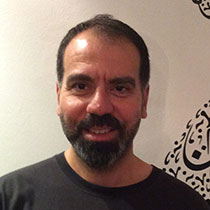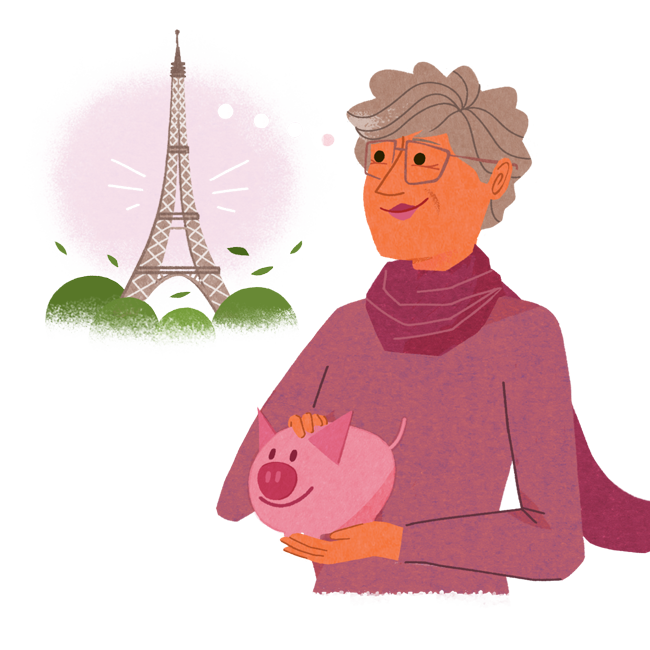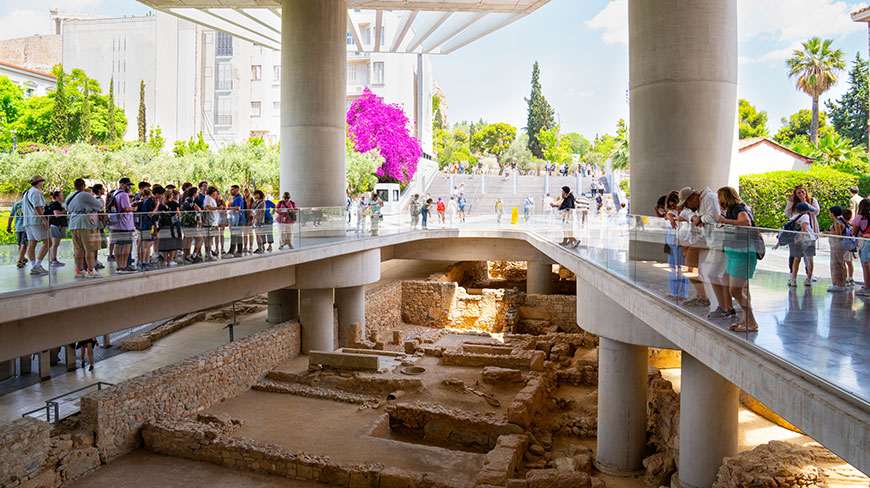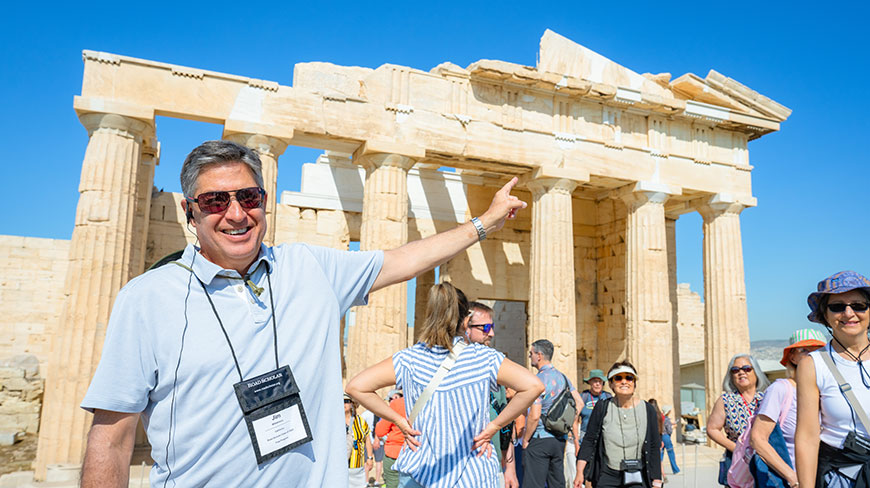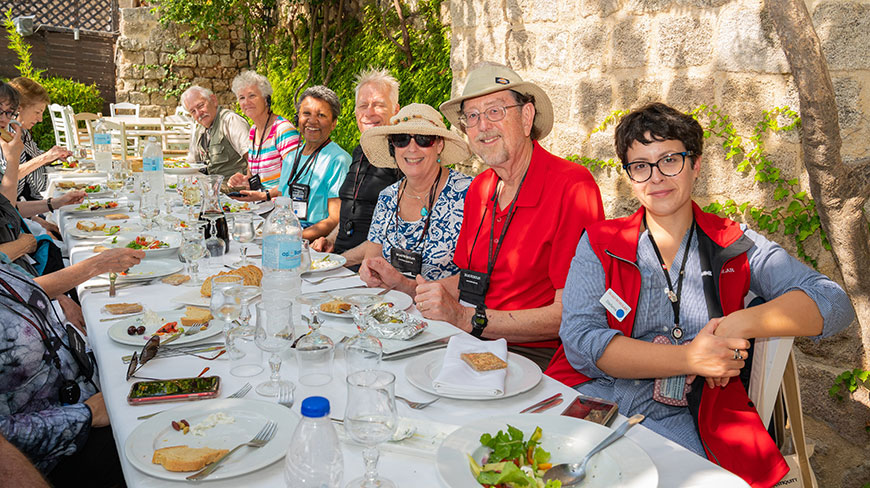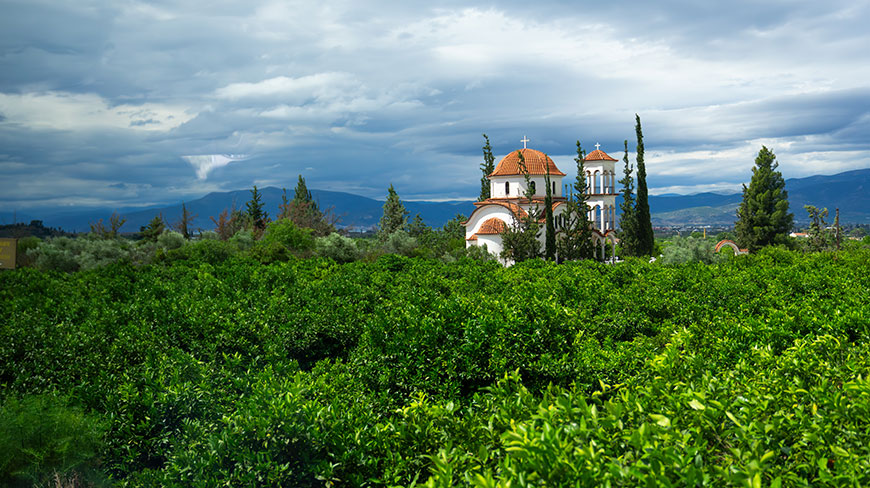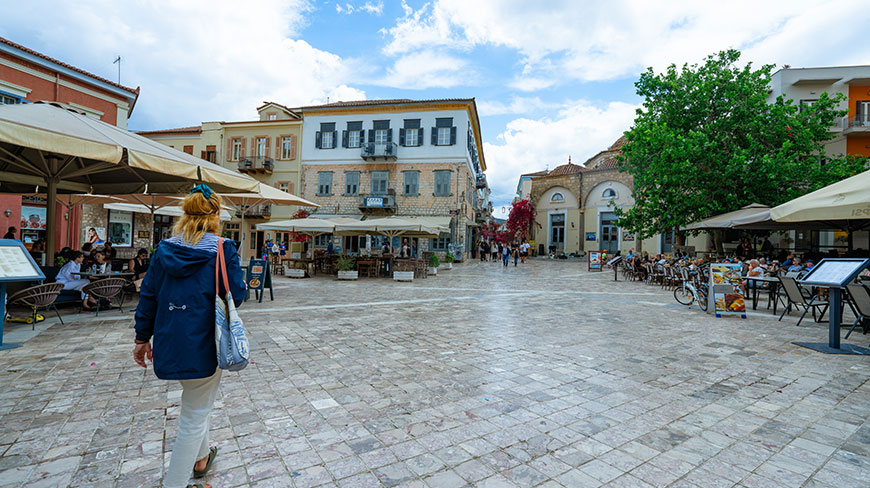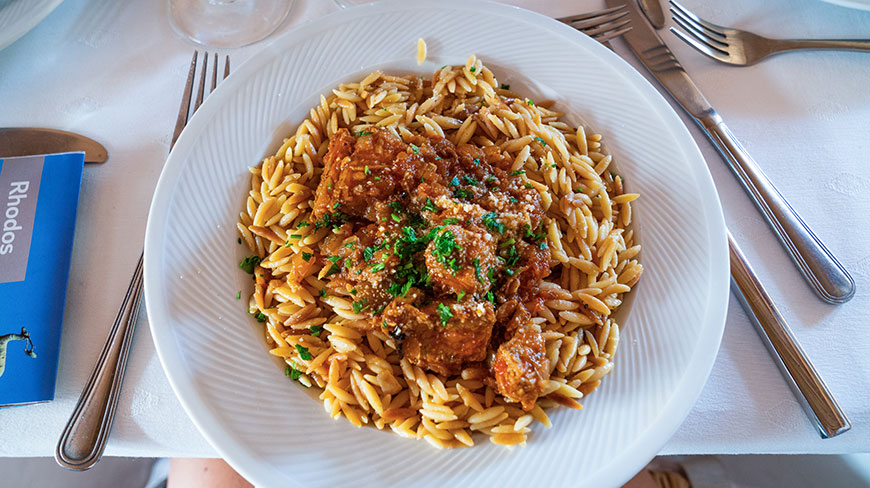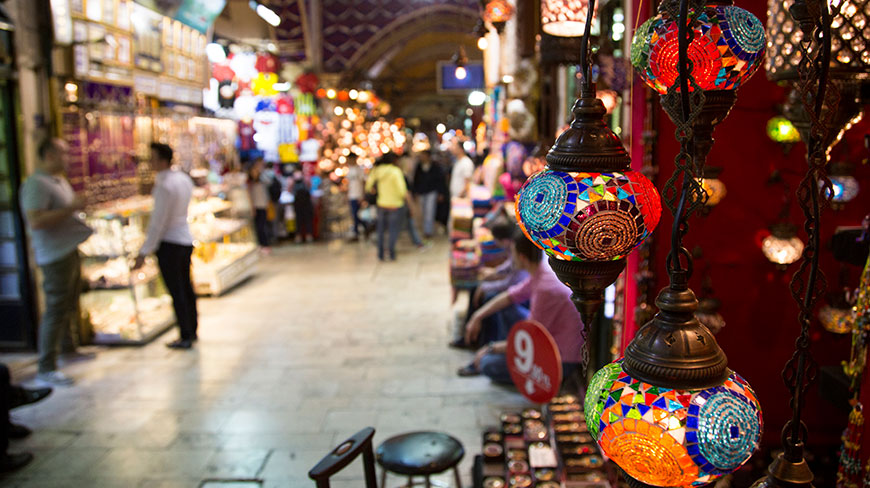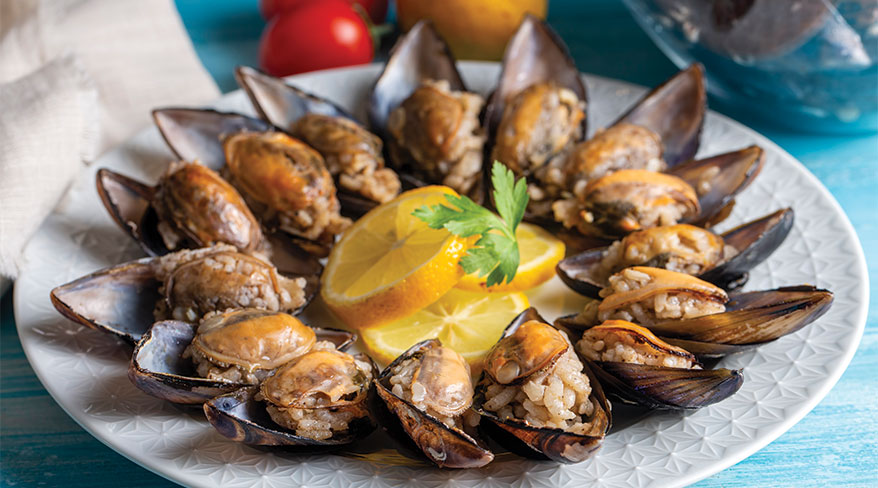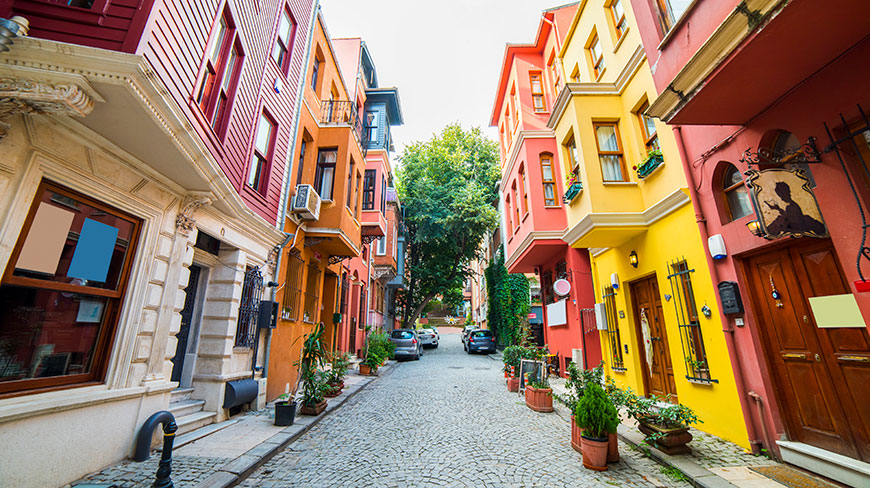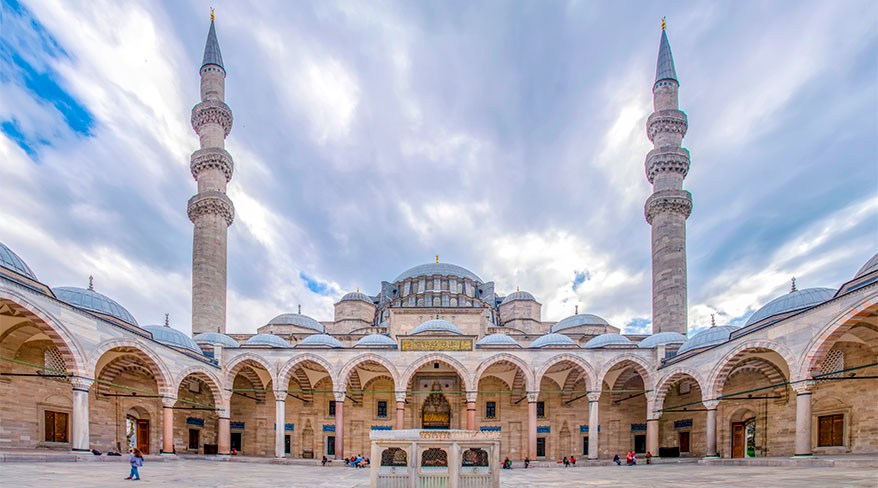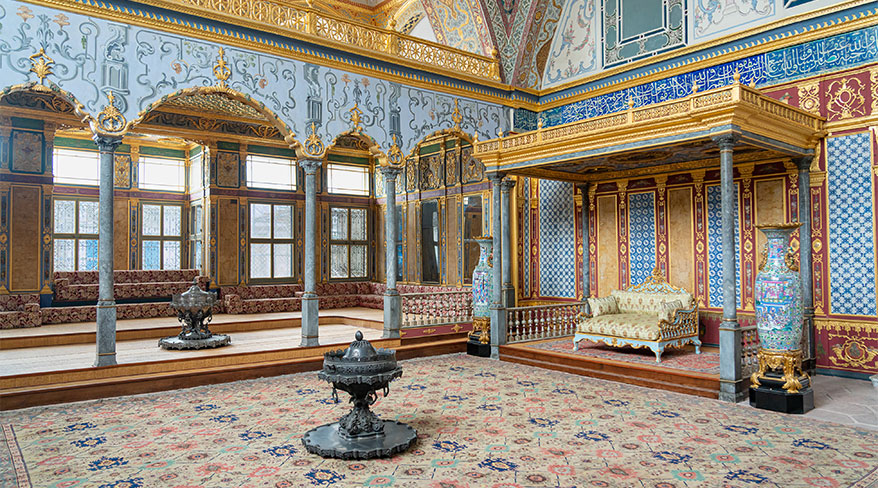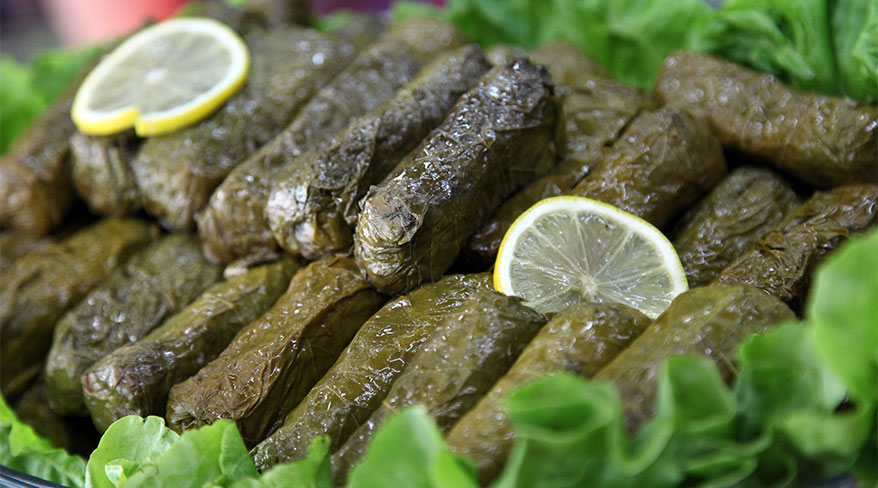A Short History Of Byzantium
by John Julius Norwich
No time to wade, albeit enjoyably, through his three volume Byzantium series? This recent edition is based on his Byzantium trilogy and is equally as intelligent and inspired. Norwich is, as always, ever entertaining and engaging about this subject. An efficient read without loss of style or spirit. If you can’t manage three volumes right now, this one is for you.
Athens, the Parthenon
by Mary Beard
Oscar Wilde compared it to a white goddess, Evelyn Waugh to Stilton cheese. In observers from Lord Byron to Sigmund Freud to Virginia Woolf it met with astonishment, rapture, poetry, even tears--and, always, recognition. Twenty-five hundred years after it first rose above Athens, the Parthenon remains one of the wonders of the world, its beginnings and strange turns of fortune over millennia a perpetual source of curiosity, controversy, and intrigue.
At once an entrancing cultural history and a congenial guide for tourists, armchair travelers, and amateur archaeologists alike, this book conducts readers through the storied past and towering presence of the most famous building in the world. Who built the Parthenon, and for what purpose? How are we to understand its sculpture? Why is it such a compelling monument? The classicist and historian Mary Beard takes us back to the fifth century B.C. to consider the Parthenon in its original guise--as the flagship temple of imperial Athens, housing an enormous gold and ivory statue of the city's patron goddess attended by an enigmatic assembly of sculptures. Just as fascinating is the monument's far longer life as cathedral church of Our Lady of Athens, as "the finest mosque in the world," and, finally, as an inspirational ruin and icon. Beard also takes a cool look at the bitter arguments that continue to surround the "Elgin Marbles," the sculptures from the Parthenon now in the British Museum. Her book constitutes the ultimate tour of the marvelous history and present state of this glory of the Acropolis, and of the world.
Birds Without Wings
by Louis de Bernières
In his first novel since Corelli’s Mandolin, Louis de Bernières creates a world, populates it with characters as real as our best friends, and launches it into the maelstrom of twentieth-century history. The setting is a small village in southwestern Anatolia in the waning years of the Ottoman Empire. Everyone there speaks Turkish, though they write it in Greek letters. It’s a place that has room for a professional blasphemer; where a brokenhearted aga finds solace in the arms of a Circassian courtesan who isn’t Circassian at all; where a beautiful Christian girl named Philothei is engaged to a Muslim boy named Ibrahim. But all of this will change when Turkey enters the modern world. Epic in sweep, intoxicating in its sensual detail, Birds Without Wings is an enchantment.
Constantinople; City of the World’s Desire, 1453-1924
by Philip Mansel
Mansel is a noted historian and author of several works about the Sultans and the Ottoman World. This book focuses on the political and architectural history of the capital Constantinople (modern day Istanbul) and covers the span of the Ottoman empire. The book ends on November 17, 1922 when the last Sultan and a small party slipped out of Palace at 8 AM and scrambled aboard a British naval ship that hauled anchor for Malta at 8:43 AM. A fine work, lots of detail, very readable and helpful in sorting out the complexities of 600 years of Ottoman power.
Dinner With Persephone
by Patricia Storace
"I lived in Athens, at the intersection of a prostitute and a saint." So begins Patricia Storace's astonishing memoir of her year in Greece. Mixing affection with detachment, rapture with clarity, this American poet perfectly evokes a country delicately balanced between East and West.
Whether she is interpreting Hellenic dream books, pop songs, and soap operas, describing breathtakingly beautiful beaches and archaic villages, or braving the crush at a saint's tomb, Storace, winner of the Whiting Award, rewards the reader with informed and sensual insights into Greece's soul. She sees how the country's pride in its past coexists with profound doubts about its place in the modern world. She discovers a world in which past and present engage in a passionate dialogue. Stylish, funny, and erudite, Dinner with Persephone is travel writing elevated to a fine art--and the best book of its kind since Henry Miller's The Colossus of Maroussi.
Harem - The World Behind the Veil
by Alev Lytle Croutier
The author left Turkey at age 18 for the US, returning 15 years later to visit her birthplace and family. Intrigued upon learning that her grandmother had lived in a harem, she interviewed aunts and other family members about their recollections. About that same time (mid 1970’s) the Harem of Topkapi Palace was opened to visitors. With thoughtful research and richly illustrated, Croutier pieces together a realistic description of daily life in the Sultan’s Harem. Her fascinating insights into customs, food and ceremony of the Palace through 450 hundred years, make this an enjoyable read. The addition of family photographs and an amusing chapter about Western misconceptions of the term “harem” sets this work apart from all other books of its kind.
Istanbul: The Imperial City
by John Freely
Whether you call it Byzantium, Constantinople, or Istanbul, the “old Turkish hand” John Freely tells the story of each creation and decline up to today’s Istanbul under the Turkish Republic. Spirited and colorful, Freely gives his readers a lively account of the turmoil each incarnation brought. In addition to “page turning history”, Freely gives a complete listing of monuments & museums in the city - he has lived there for decades. This is the one to read on Istanbul if you have a short list of books and limited time to get into its history.
Istanbul: A Tale of Three Cities
by Bettany Hughes
From the Koran to Shakespeare, this city with three names--Byzantium, Constantinople, Istanbul--resonates as an idea and a place, real and imagined. Standing as the gateway between East and West, North and South, it has been the capital city of the Roman, Byzantine, and Ottoman Empires. For much of its history it was the very center of the world, known simply as "The City," but, as Bettany Hughes reveals, Istanbul is not just a city, but a global story.
In this epic new biography, Hughes takes us on a dazzling historical journey from the Neolithic to the present, through the many incarnations of one of the world's greatest cities--exploring the ways that Istanbul's influence has spun out to shape the wider world. Hughes investigates what it takes to make a city and tells the story not just of emperors, viziers, caliphs, and sultans, but of the poor and the voiceless, of the women and men whose aspirations and dreams have continuously reinvented Istanbul.
Written with energy and animation, award-winning historian Bettany Hughes deftly guides readers through Istanbul's rich layers of history. Based on meticulous research and new archaeological evidence, this captivating portrait of the momentous life of Istanbul is visceral, immediate, and authoritative--narrative history at its finest.
Istanbul: Memories and the City
by Orhan Pamuk
Turkish novelist Pamuk (Snow) presents a breathtaking portrait of a city, an elegy for a dead civilization and a meditation on life's complicated intimacies. The author, born in 1952 into a rapidly fading bourgeois family in Istanbul, spins a masterful tale, moving from his fractured extended family, all living in a communal apartment building, out into the city and encompassing the entire Ottoman Empire. Pamuk sees the slow collapse of the once powerful empire hanging like a pall over the city and its citizens. Central to many Istanbul residents' character is the concept of hüzün (melancholy). Istanbul's hüzün, Pamuk writes, "is a way of looking at life that... is ultimately as life affirming as it is negating." His world apparently in permanent decline, Pamuk revels in the darkness and decay manifest around him. He minutely describes horrific accidents on the Bosphorus Strait and his own recurring fantasies of murder and mayhem. Throughout, Pamuk details the breakdown of his family: elders die, his parents fight and grow apart, and he must find his way in the world. This is a powerful, sometimes disturbing literary journey through the soul of a great city told by one of its great writers.
Plato For Beginners
by Robert Cavalier
All philosophy is a footnote to Plato. No other person so shaped the Western world and the way we think about it. Plato’s questions remain as real for us today as they were 2500 years ago, and as human beings, we can not avoid their presence nor shirk our responsibility to attempt to answer them: What is Justice? What is Truth? What is Beauty? What kind of society should we build? How do we know what we know?
Plato For Beginners introduces the reader to Socrates, Plato’s mentor whose martyrdom led Plato to formulate a new system of knowledge based on reason. Socrates was found guilty and sentenced to death for refusing to recognize the gods of the State and for introducing other divinities. He was also found guilty of corrupting youth.
Style City Athens
by Ioanna Kosiafti & Julia Klimi
This exciting series focuses on the vitality and uniqueness of the world's greatest cities. Each volume is superbly designed and produced, yet ingeniously practical, with lavish photography, easy-to-read maps, and informed and enjoyable texts.
From offbeat cafés and cutting-edge restaurants to the most stylish stores, hotels, and neighborhoods, StyleCity uncovers all the special places where both locals and discerning travelers can find a vibrant and idiosyncratic urban experience. The guides are divided into two sections: "Style Traveler" identifies the most memorable places to sleep, eat, drink, shop, and relax; "Street Wise" divides the city into neighborhoods and provides convenient area maps.
Mother of antiquity, modern metropolis, Mediterranean mecca—Athens has many faces and many layers. Since the 2004 Olympics, the city has enjoyed a reinvigorated cultural confidence that has given rise to new talents, chic restaurants, contemporary hot spots, and vibrant self-expression. StyleCity Athens leads visitors to all the highlights of this edgy and energetic place. 400 color illustrations and 6 maps.
Tales from the Expat Harem: Foreign Women in Modern Turkey
by Anastasia M. Ashman, Jennifer Eaton Gokmen
As the Western world struggles to comprehend the paradoxes of modern Turkey, Tales from the Expat Harem reveals its most personal nuances. This illuminating anthology provides a window into the country from the perspective of thirty-two expatriates from seven different nations—artists, entrepreneurs, Peace Corps volunteers, archaeologists, missionaries, and others—who established lives in Turkey for work, love, or adventure. Through narrative essays covering the last four decades, these diverse women unveil the mystique of the “Orient,” describe religious conflict, embrace cultural discovery, and maneuver familial traditions, customs, and responsibilities. Poignant, humorous, and transcendent, the essays take readers to weddings and workplaces, down cobbled Byzantine streets, into boisterous bazaars along the Silk Road, and deep into the feminine stronghold of steamy Ottoman bathhouses. The outcome is a stunning collection of voices from women suspended between two homes as they redefine their identities and reshape their world views.
The Bastard of Istanbul
by Elif Shafak
In her second novel written in English (The Saint of Incipient Insanities was the first), Turkish novelist Shafak tackles Turkish national identity and the Armenian "question" in her signature style. In a novel that overflows with a kitchen sink's worth of zany characters, women are front and center: Asya Kazanci, an angst-ridden 19-year-old Istanbulite is the bastard of the title; her beautiful, rebellious mother, Zeliha (who intended to have an abortion), has raised Asya among three generations of complicated and colorful female relations (including religious clairvoyant Auntie Banu and bar-brawl widow, Auntie Cevriye). The Kazanci men either die young or take a permanent hike like Mustafa, Zeliha's beloved brother who immigrated to America years ago. Mustafa's Armenian-American stepdaughter, Armanoush, who grew up on her family's stories of the 1915 genocide, shows up in Istanbul looking for her roots and for vindication from her new Turkish family. The Kazanci women lament Armanoush's family's suffering, but have no sense of Turkish responsibility for it; Asya's boho cohorts insist there was no genocide at all. As the debate escalates, Mustafa arrives in Istanbul, and a long-hidden secret connecting the histories of the two families is revealed. Shafak was charged with "public denigration of Turkishness" when the novel was published in Turkey earlier this year (the charges were later dropped). She incorporates a political taboo into an entertaining and insightful ensemble novel, one that posits the universality of family, culture and coincidence.
The Greek Way
by Edith Hamilton
n The Greek Way, Edith Hamilton captures with "Homeric power and simplicity" (New York Times) the spirit of the golden age of Greece in the fifth century BC, the time of its highest achievements. She explores the Greek aesthetics of sculpture and writing and the lack of ornamentation in both. She examines the works of Homer, Pindar, Aeschylus, Sophocles, Aristophanes, and Euripides, among others; the philosophy of Socrates and Plato’s role in preserving it; the historical accounts by Herodotus and Thucydides on the Greek wars with Persia and Sparta and by Xenophon on civilized living.
The Greeks (Penguin History)
by H.D.F.Kitto
The Greeks were extraordinary not least because they evolved "a totally new conception of what human life was for." Justifying and elaborating on that claim, H.D.F. Kitto explores the life, culture and history of classical Greece, bringing to his subject the passion, wit and insight that have made this brief introduction a world-famous classic.
The Histories
by Herodotus
One of the masterpieces of classical literature, the "Histories" describes how a small and quarrelsome band of Greek city states united to repel the might of the Persian empire. But while this epic struggle forms the core of his work, Herodotus' natural curiosity frequently gives rise to colorful digressions - a description of the natural wonders of Egypt; an account of European lake-dwellers; and far-fetched accounts of dog-headed men and gold-digging ants. With its kaleidoscopic blend of fact and legend, the "Histories" offers a compelling Greek view of the world of the fifth century BC.
The Turks Today
by Andrew Mango
Istanbul-born, British-based Mango (Atatürk) offers an insightful, sympathetic portrait of recent Turkish history. The first third of the book discusses the growth of the Turkish state after Atatürk's death in 1938, with a fitful spread of democracy, clashes with Greece and the departure of Istanbul's Greek community. Economic and social conflict from 1960 to 1980 was subsequently "contained" by a military-driven constitution and rapprochement with Europe. A battle over the logo of the mayoralty of Ankara, the capital, illustrates the recent negotiations between Islamists and secularists. Istanbul, whose "infrastructure does not match its size," is growing as a regional base. In impoverished, traditionalist eastern Turkey, "the Third World has not been banished," though Mango argues that integration with the state—if not assimilation—is the best hope for the Kurdish minority. Turkey today, Mango suggests, resembles the late modernizing countries of southern Europe in many ways. He sees potential for a fully democratic and secular state, but warns that it takes time to "implant Western institutions in non-Western soil." Though this volume lacks some of the bite and immediacy of a journalist's book like Stephen Kinzer's Crescent and Star, it emerges as a more thorough introduction to a less-known but increasingly vital country.
To the City: Life and Death Along the Ancient Walls of Istanbul
by Alexander Christie Miller
As he walks the four miles of Istanbul's defensive walls Alexander Christie-Miller records his encounters with the communities living along them. As he traces a country that has been transformed under the leadership of Erdogan and reflects on its history, he builds a portrait of a city "where the past looms like a shrouded mountaintop, the future bears down like an avalanche".
